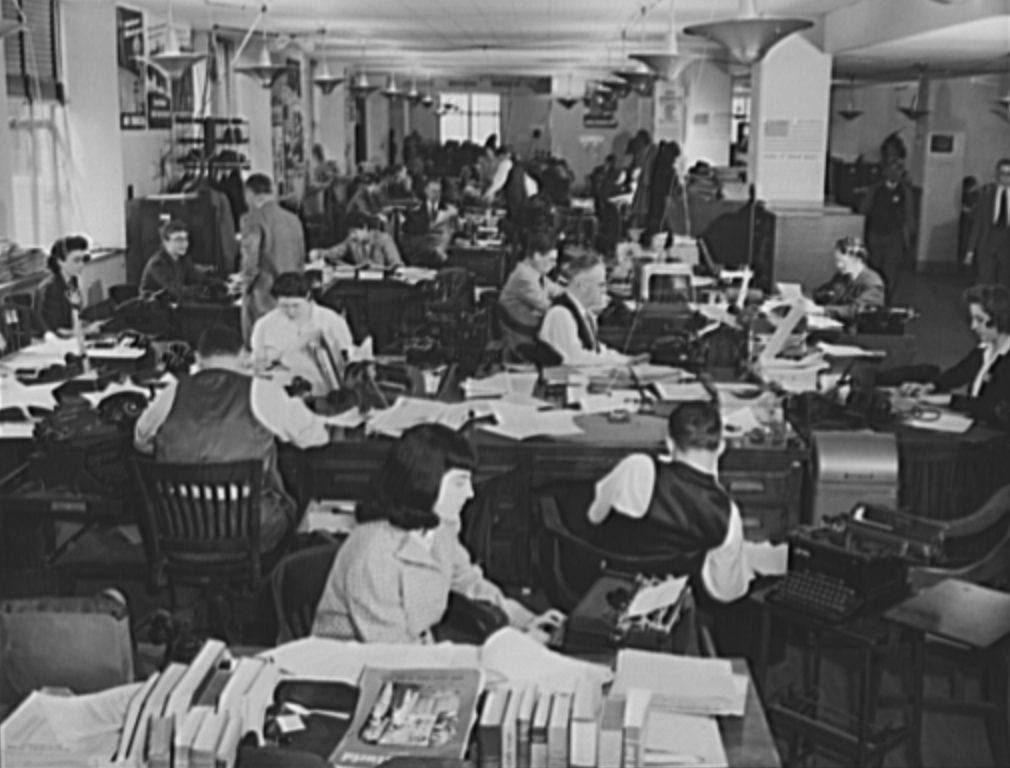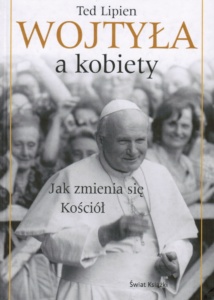Following the August 1939 Hitler-Stalin Pact and the joint German-Soviet invasion of Poland in September 1939, which started World War II, the Soviets began the first mass deportation of Poles on February 10, 1940 from the occupied eastern part of Poland. Whole families were arrested, usually early in the morning, and sent in overcrowded cattle train wagons to forced labor camps in the depths of Siberia and in other parts of the Soviet Union. Many elderly and infants died during the transport–bodies of some of the children tossed by guards into the snow; others left behind at various stops during the journey lasting many days with little food or water. Many more prisoners would die later in the Gulag camps, work settlements and collective farms from slave labor, harsh weather conditions, starvation, and lack of medial treatment.
There was almost a complete media silence in the West about the deportations. Western journalists either did not know or were afraid or unwilling to report on what was happening to millions of Stalin’s prisoners. In addition to Polish citizens, the Soviets also imprisoned and deported Russians, Ukrainians, Belorussians, Lithuanians, Latvians, Estonians, Tatars, Jews and members of many other ethnic and religious groups. Even after the war, the story of the deportees was rarely told. Many of those who had survived the Gulag camps, became refugees in the West unable to return to their homes.
















